No, Google has not bought HTC, or at least not the entire company. This morning we woke up with the news that Google has acquired a part of HTC’s smartphone business for 1100 million dollars, and some have confused this operation with a full purchase of the Taiwanese company by the search engine.
However, the agreement between both companies is somewhat more complex than that, and is far from what we saw in the purchase of Motorola by Google in 2011. That is why we are going to try to explain in a simple way what is the exact treatment to which Both companies have arrived and what immediate repercussions they can have for each other.
Only has acquired a team of 2000 people
What Google has done has not been to buy HTC, and not even its mobile division as it has been rumored for some time. What he has done has been to take a team of 2000 engineers and employees of the division “Powered by HTC”, many of whom have already worked on the phones of the Pixel family. Therefore, continue to do what so far, but under the direct control of Google.
“Powered by HTC” was until now the research and development division of HTC, so Google has taken the most innovative part of the Taiwanese company, which was responsible for creating new innovations for their devices.
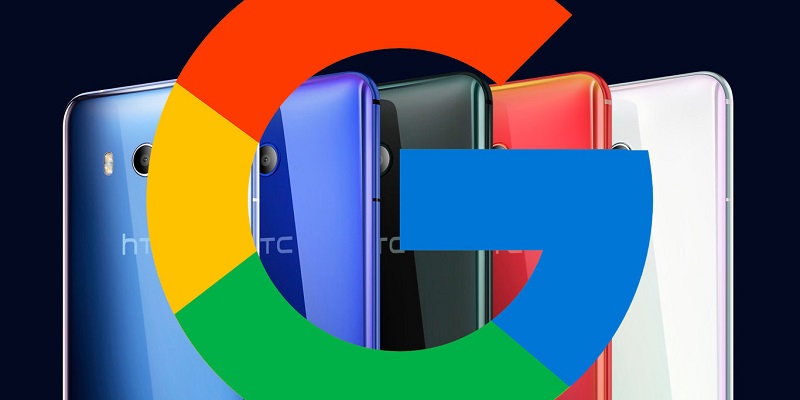
Although Google marketed them as their own phones, HTC was the one who acted as the “ghost manufacturer” of the Pixel devices launched last year. Therefore, with this move Google has only taken HTC employees who worked on their Pixel, so they can continue doing the same work they were doing but being controlled directly by Google itself.
Google has also purchased a non-exclusive license of HTC’s intellectual property. This means that Google can use the innovations of HTC without having to pay royalties for intellectual property, but the Taiwanese may continue to grant licenses on the same intellectual property to other companies. Come on, Google does not take them exclusively.
The idea of Google with this acquisition is clear. You no longer need to buy a whole company, but only reinforce your hardware division by staying with the innovative part of a reputable company. In this way they will have more specialists in the design and creation of new smartphones and other types of hardware that help take off the hardware section of the company. This movement can lead them to become “the Apple of Android”.
You may also like to read: This is Google’s processor for artificial intelligence and machine learning
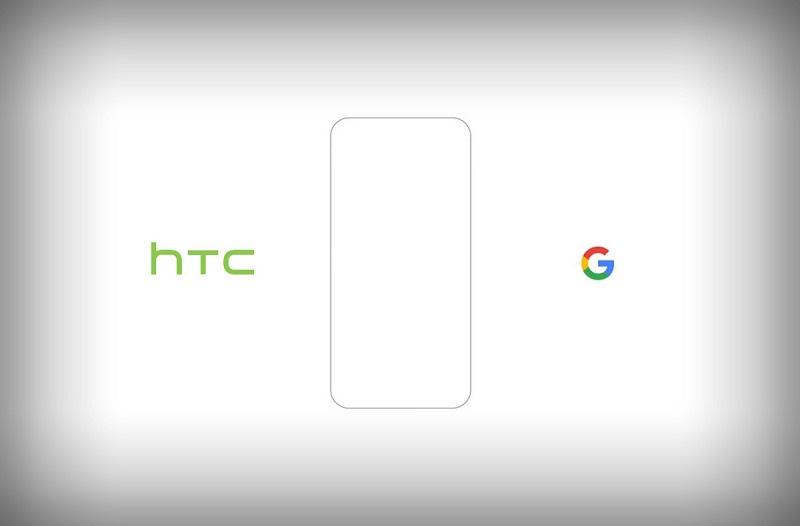
This would therefore be a third step in Google’s path in hardware. First were the Nexus with which to make balanced and reference devices. Then came Pixel with those who managed to embrace the high-end, but without excelling too much. And now, with the muscle they’ve gained, they should have more potential to make mobiles that are up to the best Android devices on the market.
It is expected that the Pixel 2 do not innovate too much compared to what we saw in the previous generation. Therefore the results of this purchase will not be immediate in Google, and we will have to wait next year to see what they can do with this new acquisition. It will also be interesting to see how this movement is taken by the rest of manufacturers that bet on Android.
HTC follows its own path
Since it was learned that HTC was going through a complicated financial situation all the rumors pointed that could end up selling the entire company. However, they have succeeded in not doing so, and although the loss of 2000 engineers will surely reduce their muscle, at least they will be able to continue operating almost as they have done up to now.
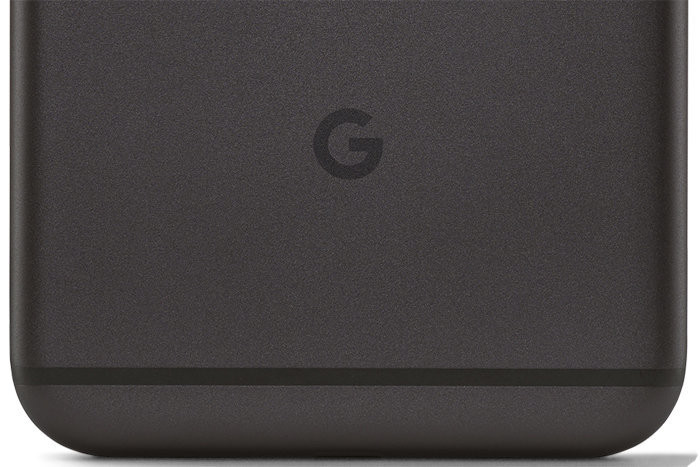
After the deal with Google they maintain intellectual property, as well as the right to continue using their brand and manufacturing new devices. And that is precisely what they will do, since HTC has announced that it is still working on its next high-end mobile, an HTC U12 that should be presented in the coming months.
The Taiwanese have sold this operation as something that will allow them to have greater operational efficiency and financial flexibility. We are going, that paying less salaries will be able to continue operating, and in addition to their next mobile they will also continue working in their virtual reality ecosystem and making their VIVE brand grow.
However, running out of the division from which all the innovations came may be a long-term bill. Yes, they will still be able to get new devices, but they will have to settle for following the innovative trail of other brands.
But what is clear is that HTC is still alive for the moment, and will continue to launch smartphones and virtual reality devices as before. Therefore, the deal seems to be beneficial for both parties on paper, although this can only be confirmed in the coming months as we see how both companies are evolving.

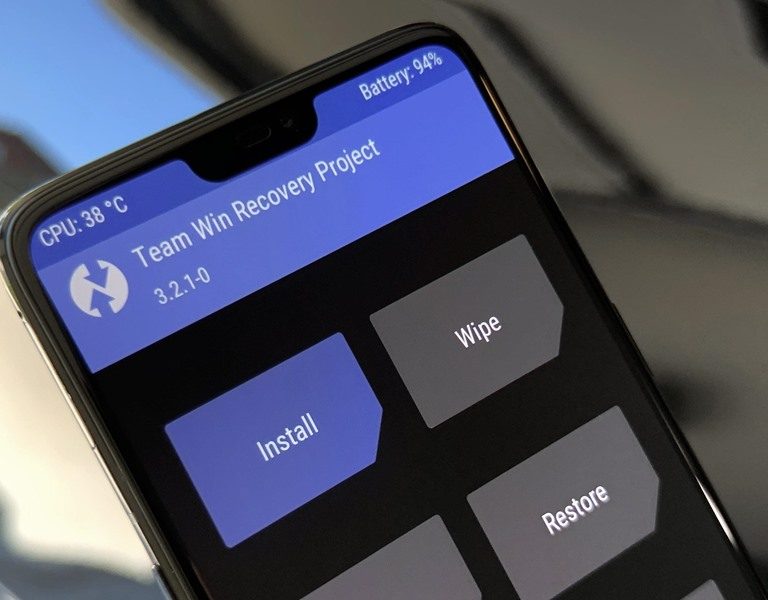
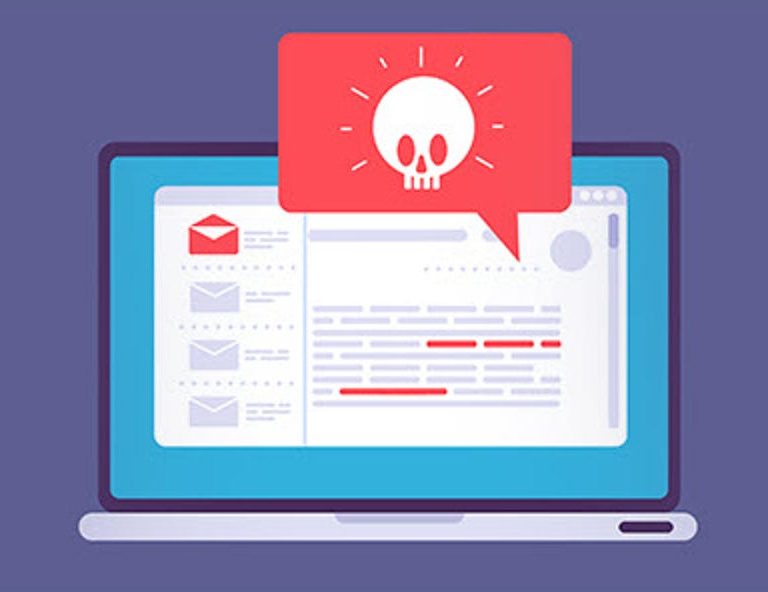
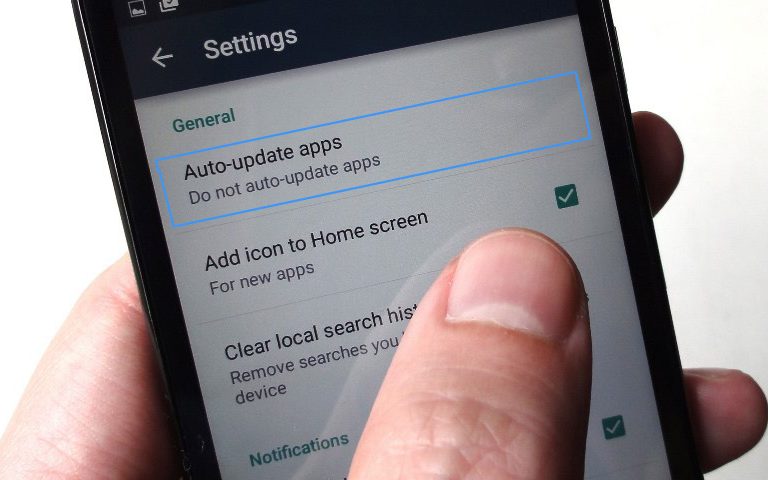
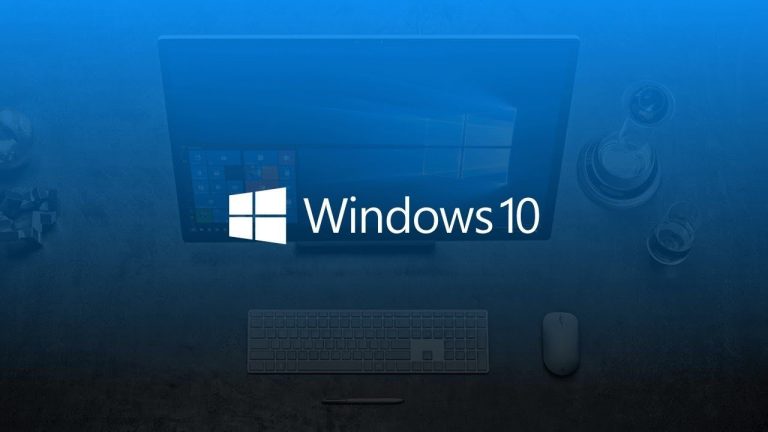

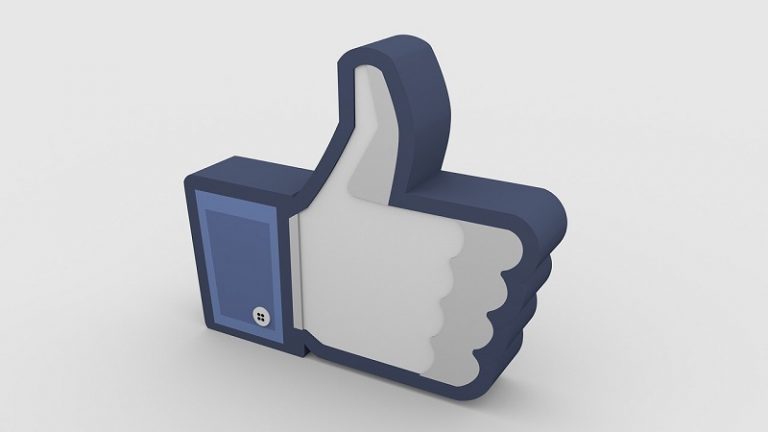


+ There are no comments
Add yours